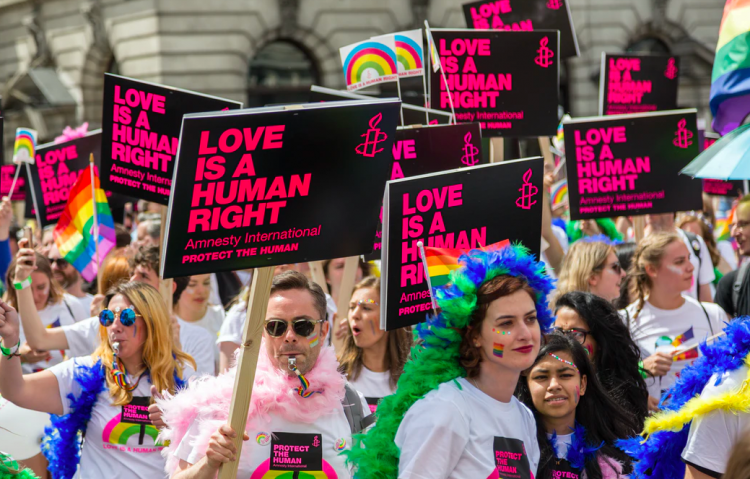Emancipation and the Unjust Past with Dr. Alasia Nuti

Virtual events and panels have become the new normal of how students engage with each other, with guest speakers, and with professors. AUP has hosted countless seminars via Zoom and Teams where students gather and join in stimulating and controversial topics. Although some panels tend to be on the soft side and can even be accompanied by a glass of wine, Dr. Alasia Nuti engaged students in a topic that is pressing in our lives today and poses challenging obstacles.
Dr. Nuti is a Lecturer in Political Theory at the University of York. She received her Ph.D. from the Department of Politics and International Studies at the University of Cambridge. She has won awards, written books, published research, and appeared in academic journals. She mainly focuses on historical injustice and memory, gender and sexuality, structural injustice, immigration, and pluralism. Over 20 students who share these interests joined her on March 30th to learn more about what she had to say regarding these topics.
Image credit: Unsplash/Lindsey LaMontThe panel began by introducing emancipation from oppression as an international struggle. The main point of the first section was to address how oppression lasts over time and across generations. Dr. Nuti emphasized how projects from emancipation need and should be sustained over time. She also stated that intergenerational commitment to fight for emancipation is incredibly difficult to maintain.
As the conversation continued, the group reached how the "unjust past" can powerfully inspire revolutionary action. Feelings of anger and resentment can make a community demand equality or for change. This is where Dr. Nuti connects the present struggles with the unjust past. "The oppressed cannot sit and wait for future liberation but they need to become their own 'redeemer," she says.
Image credit: Unsplash/Metin OzerThe unjust past includes a wide range of topics and events that have deeply affected the way we live today. Some of these include AIDS, feminism, LGBTQ+ rights, the Catholic Church, abortion and reproductive rights, and patriarchy as a continuum of oppression. As a generation today, we feel responsible and, to some extent, guilt by handling empathy towards those who fall into victims of these struggles we face today. "We have a responsibility to complete the task of liberation in the name of previous generations who were oppressed along the same lines," Dr. Nuti says.
Being present and fighting for equality and finding a way to correct the unjust past opens a space to rewrite history and invite others to accept it.









